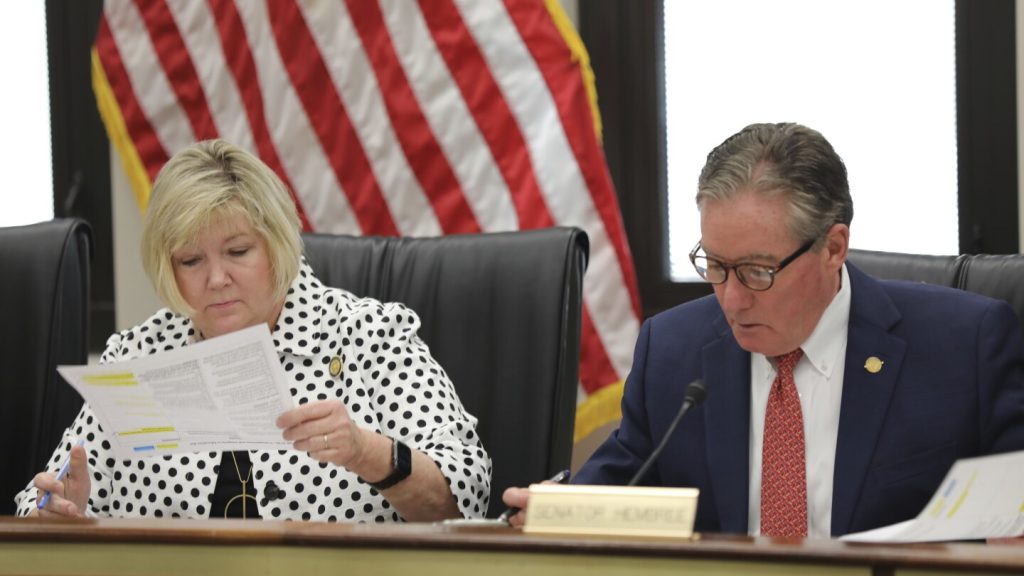A small group of lawmakers in South Carolina are reigniting debate on a bill that would limit how topics like race can be taught in public K-12 classrooms. The bill was passed in both the House and Senate in 2023, but has been stagnant until a conference committee met to reconcile the differences between the two versions. However, with a looming deadline as the regular session ends Thursday, the bill could potentially extend into special sessions in June. The Senate version of the bill removed provisions requiring teachers to disclose changes to their lesson plans and allowing parents to sue districts for teaching prohibited concepts, even while following the appeal process.
The bill largely mirrors a section put in the state budget three years ago, which prohibits teaching that one race is superior to another or that race determines moral character. It also includes an appeal process for objectionable material, but limits complaints to students, parents, employees, or volunteers within the district where the material is located. Notably, the bill does not directly mention “critical race theory,” but instead focuses on nebulously worded prohibitions against individuals bearing responsibility for past actions of their race, or receiving adverse treatment based on race.
Supporters of the bill argue that it does not prevent the teaching of any ethnic group’s history or fact-based discussions of historical events. For example, lessons about slavery and Jim Crow are still allowed as long as they are presented as historical facts. However, Democratic Senator Darrell Jackson raised concerns about the interpretation of historical facts, particularly regarding topics like the cause of the Civil War. Questions arise about whether teachers will be free to discuss differing viewpoints on contentious historical topics without facing challenges or censorship.
The primary goal of the bill, according to supporters, is to provide teachers with guidelines and strike a balance between education and parental rights. Republican Rep. Adam Morgan, a sponsor of the bill, emphasized the need to address instances where teachers may be promoting racial superiority or assigning blame based on race. While acknowledging that such occurrences may not be widespread, Morgan stressed the importance of addressing these issues to prevent them from impacting students. The bill aims to ensure that classrooms provide a safe and unbiased environment for all students, regardless of their background or race.
As the debate continues in South Carolina, educators, lawmakers, and parents must navigate the complex issues surrounding the teaching of race and history in K-12 classrooms. The bill’s fate remains uncertain as the deadline approaches, and it is unclear whether the differences between the House and Senate versions can be reconciled. Regardless of the outcome, the discussions around race and education are critical for shaping the future of public school curriculum and ensuring that students receive a well-rounded and inclusive education.


